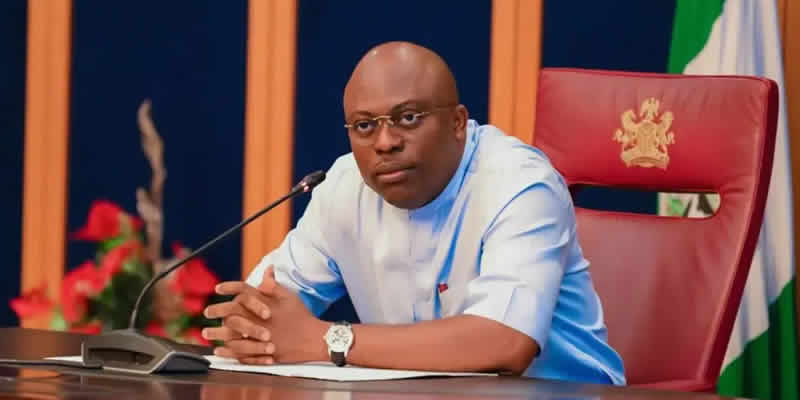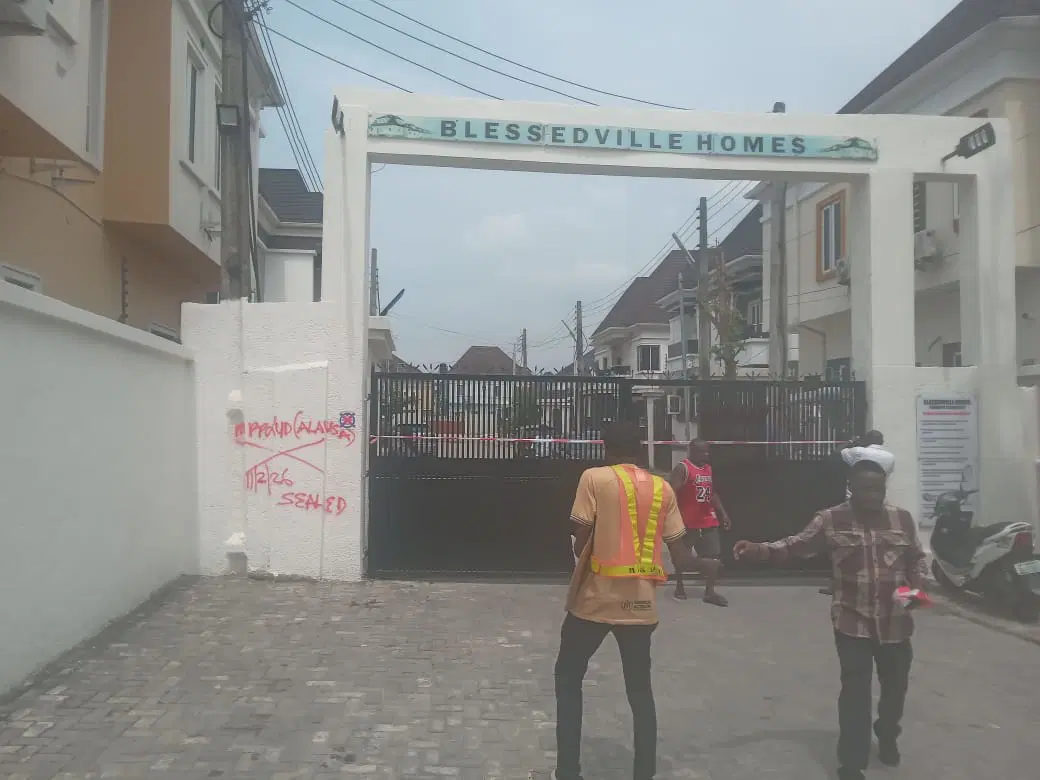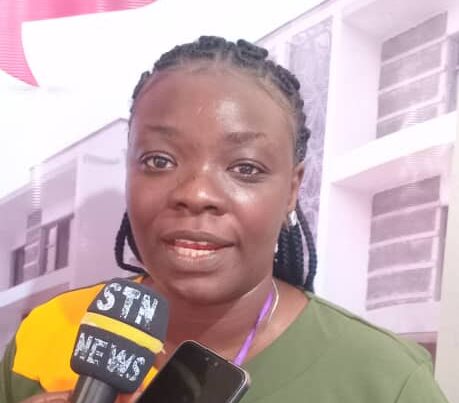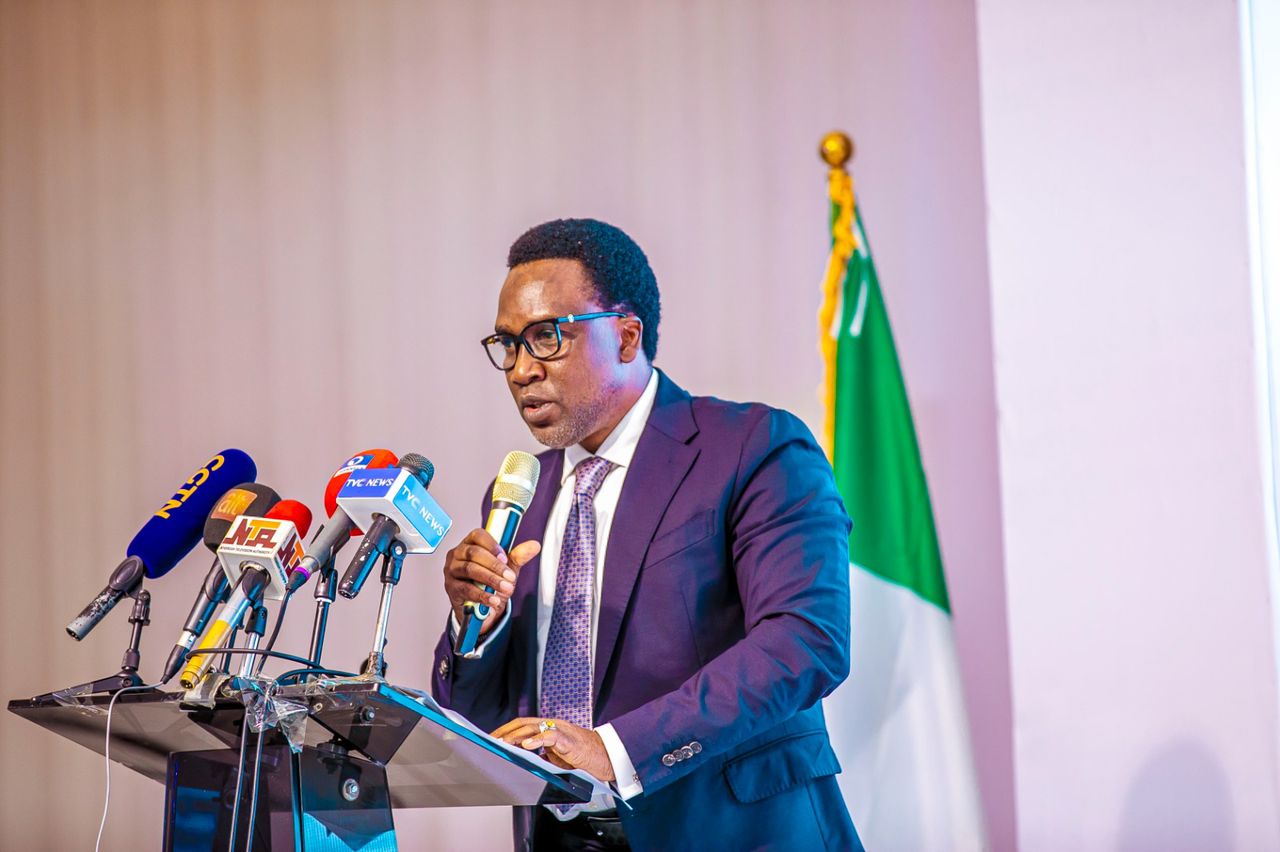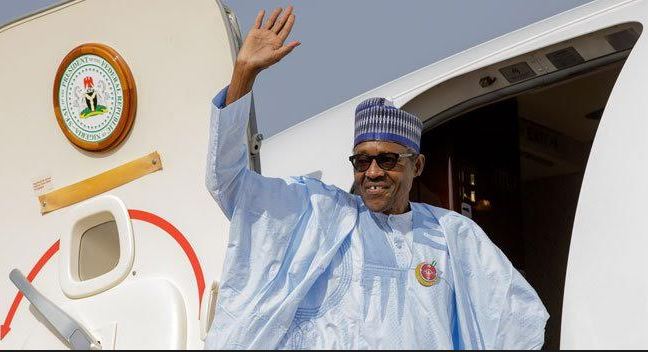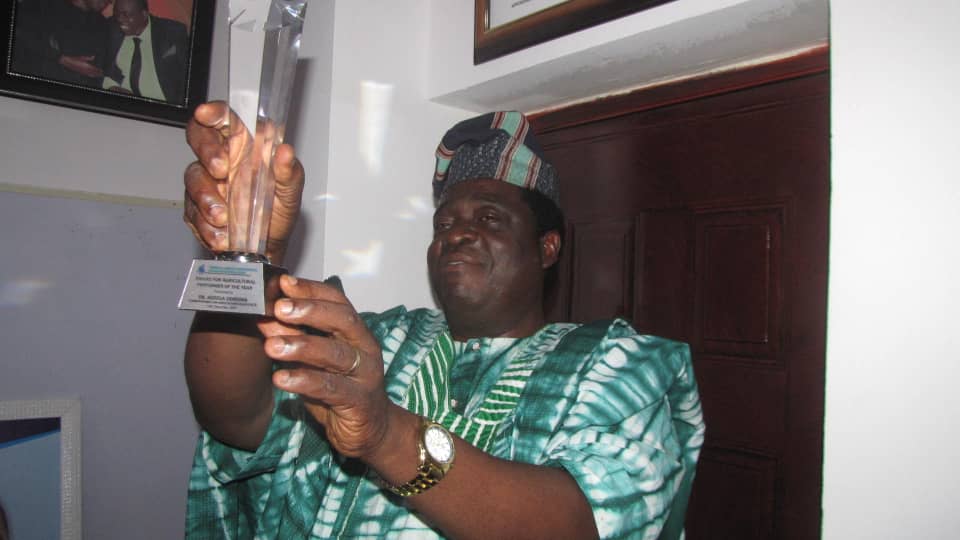By: Goodluck E. Adubazi, Abuja.
Muhydeen Okunlola Kayode, in this exclusive view, noted.
The amalgamation of Nigeria occurred in 1914, resulting in a union between the northern and southern regions that has often been described as a forced marriage. The differences between these regions have persisted over decades, reflecting variations in culture and governance perspectives. Historical observations indicate that administrations in Nigeria have frequently favored appointments and policies that prioritize regional or tribal affiliations, which raises concerns about adherence to the constitutional principles of equity and justice.
An assessment of Nigeria’s historical governance reveals that previous administrations often achieved better economic conditions compared to recent ones. For example, during President Goodluck Jonathan’s administration in 2012, Nigeria’s total public debt stock (including both external and domestic debt) was approximately 48 thousand USD. In contrast, recent figures indicate that the current public debt stock has risen to around 98.5 billion USD in 2025. This illustrates a significant change in the country’s fiscal situation over time.
At times, I find myself contemplating the unfortunate reality that Nigerians have often struggled to elect the best candidates for the presidency. I am among many who fervently believed that Muhammadu Buhari would be our savior when he came to power in 2015. I invested significant effort and resources to support his election campaign, fueled by hope for transformative change. Sadly, my optimism proved misplaced, as his tenure left Nigeria’s economy in disarray.
During Buhari’s administration, total government revenues amounted to a staggering N26.67 trillion, while expenditures soared to N60.64 trillion, resulting in a staggering deficit of N33.97 trillion between 2016 and 2022. This financial abyss was largely bridged through domestic borrowing, with the federal government’s debt skyrocketing from N8.84 trillion in December 2015 to an astonishing N44.91 trillion by June 2023. In tandem, external debt surged from $7.35 billion to $37.2 billion during the same period, not accounting for the additional support provided by the Central Bank, which totaled around N25 trillion.
Consequently, President Buhari’s leadership escalated Nigeria’s total debt profile from N42 trillion to a daunting N77 trillion. This dramatic increase in debt had severe implications for debt servicing, which rose alarmingly from N1.06 trillion in 2015 to N5.24 trillion by 2022. Under his administration, the debt-service-to-revenue ratio skyrocketed from a concerning 29% to a staggering 96%. Compounding these economic troubles, the surge in banditry during this time increased by 72%, illustrating a growing insecurity in the nation. Meanwhile, the hopeful mantra of “change” that had resonated during the 2015 presidential campaign faded into obscurity, leaving many disillusioned, may his soul rest in perfect peace.
Following the tenure of former President Muhammadu Buhari, the Nigerian populace has embarked on a new political journey under the leadership of President Bola Ahmed Tinubu, often referred to by his campaign slogan “Emilokan.” While his governance may seem familiar to many Nigerians, given his longstanding political influence, his legitimacy as a leader has sparked considerable debate. Tinubu, who hails from Iragbiji, has been credited by some as the architect of modern Lagos, a claim that remains contested among various factions of the population.
Upon assuming office, President Tinubu initiated a series of controversial policies that have left many Nigerians in a state of uncertainty. Notably, his announcement regarding the removal of fuel subsidies marked a dramatic turning point. This decision, aimed at addressing persistent economic challenges, has instead plunged the country into a crisis characterized by soaring inflation rates. Since the subsidy removal, the prices of essential commodities have skyrocketed, with increases noted as high as 300% or more in certain instances.
This steep rise in living costs has heightened the economic struggles faced by many Nigerians, leading to widespread dissatisfaction and unrest. As the nation grapples with these challenges, the implications of Tinubu’s policies continue to unfold, leaving citizens to question the path forward under his administration. In the last two years, an average Nigerian has remained a shadow of him/herself, what Nigerians now refer to as TINUBUNOMICS, On the flip side, much as the economic handlers of the country will want the citizens to laud them for the purported economic growth, it is noteworthy that the lives of average Nigerians have worsened under this government. Nigerians are experiencing a higher cost of living rather than a higher standard of living.
Inflation, unemployment, and poverty levels are rising in Nigeria. As of March 2025, headline inflation stands at 24.23% according to the National Bureau of Statistics. The World Bank has reported that the poverty rate among Nigeria’s rural population has reached 75.5%, indicating significant economic challenges and deepening inequality across the country. The April 2025 Poverty and Equity Brief from the World Bank notes that rural residents are disproportionately affected by economic stagnation, inflation, and structural issues that have impacted the nation’s economic growth in recent years. Data from nationally representative surveys reveal that 41.3% of the urban population lives below the poverty line, while this figure is nearly twice as high in rural areas.
Additionally, the World Bank recently approved a $1.08 billion loan to Nigeria aimed at supporting education, nutrition, and economic resilience, bringing the total public debt to over N144.67 trillion. This situation raises concerns among financial experts regarding the country’s economic stability. As the government continues to address these challenges, there is a pronounced focus on achieving sustainable economic development and improving the financial well-being of its citizens. I wish Nigerians well.



